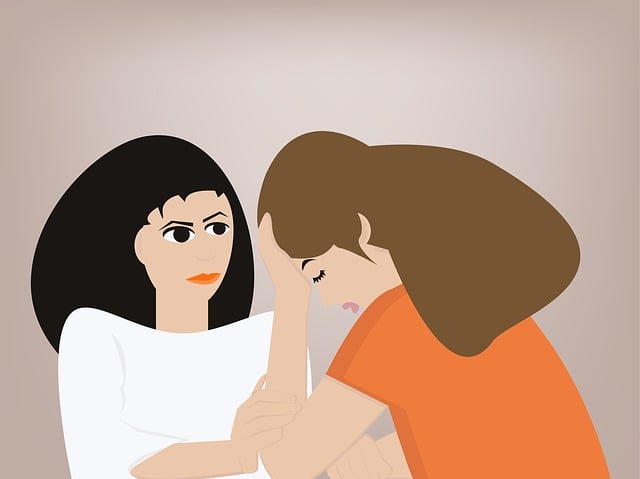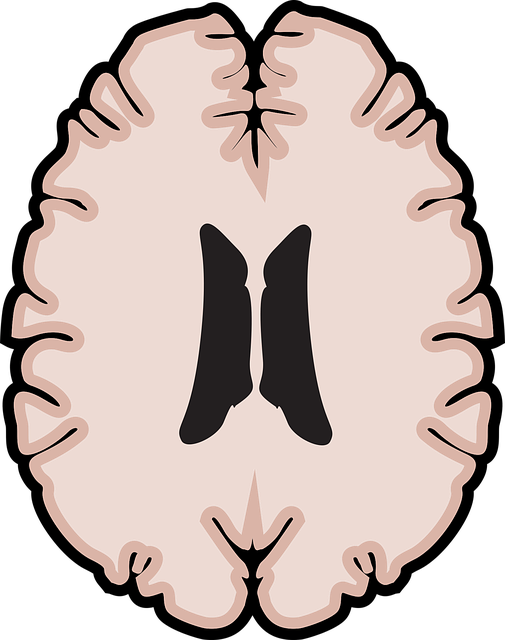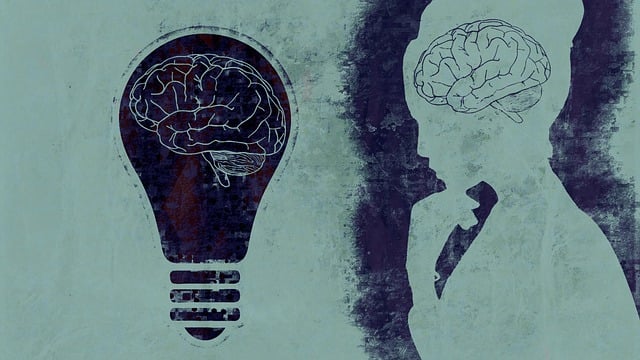Sexual abuse survivors often experience heightened sensitivity to stress due to unique emotional responses to trauma, leading to physical and psychological symptoms like anxiety, depression, insomnia, and flashbacks. Specialized therapies like Parker Sexual Abuse Survivor Therapy (PSAST) address this by employing Empathy Building Strategies, tailored Mental Wellness Coaching Programs, and Self-Care Practices focusing on mindfulness, relaxation, and healthy coping mechanisms. Cognitive Behavioral Therapy (CBT), integrated into self-care routines via mindfulness exercises, behavioral activation, and cognitive restructuring, empowers individuals to manage their mental health effectively. PSAST also utilizes meditation, Social Skills Training, and Community Outreach for holistic recovery, building resilience and social connections to enhance overall well-being. A strong support network, crucial for effective stress management, offers emotional support and safe spaces for sharing experiences, fostering open communication and understanding.
Stress reduction is an essential aspect of healing for survivors of sexual abuse. This article explores effective methods to combat the significant impact of trauma-induced stress. We delve into cognitive-behavioral therapy (CBT), a proven approach, offering insights on how it empowers individuals to manage their thoughts and emotions. Additionally, we highlight mindfulness practices, social support networks, and their collective role in fostering emotional well-being, particularly for Parker Sexual Abuse Survivor Therapy clients.
- Understanding Stress and Its Impact on Survivors of Sexual Abuse
- Cognitive-Behavioral Therapy (CBT): A Powerful Tool for Stress Reduction
- Mindfulness and Meditation Practices for Emotional Healing
- Building a Support Network: Social Connections as a Stress Mitigator
Understanding Stress and Its Impact on Survivors of Sexual Abuse

Stress is a complex emotional response to challenging or threatening situations, and for survivors of sexual abuse, it can be particularly intense and long-lasting. Understanding this unique stress landscape is crucial in providing effective support and therapy, such as that offered by Parker Sexual Abuse Survivor Therapy. The impact of trauma often results in heightened arousal and sensitivity, making everyday stressors seem more overwhelming. This can lead to various physical and psychological symptoms, including anxiety, depression, insomnia, and flashbacks.
Empathy Building Strategies, a key component of therapy, play a vital role in helping survivors process these experiences. Mental Wellness Coaching Programs Development can offer tailored guidance on managing stress and promoting resilience. Self-Care Practices are also essential tools for survivors to reclaim their lives and cultivate a sense of safety. By incorporating strategies like mindfulness, relaxation techniques, and healthy coping mechanisms, individuals can navigate the challenges they face and foster a deeper sense of mental wellness.
Cognitive-Behavioral Therapy (CBT): A Powerful Tool for Stress Reduction

Cognitive-Behavioral Therapy (CBT) has emerged as a powerful tool in the arsenal of stress reduction methods. This therapeutic approach focuses on identifying and changing negative thought patterns, behaviors, and emotional responses that contribute to stress and anxiety. By applying the principles of CBT, individuals can learn to challenge distorted thinking, develop more adaptive coping strategies, and enhance their overall well-being. This is particularly beneficial for Parker sexual abuse survivor therapy, where clients often struggle with trauma-related stress and need effective tools to manage these challenging emotions.
Integrating CBT into one’s self-care routine development for better mental health involves a combination of mindfulness exercises, behavioral activation, and cognitive restructuring. Mind over matter principles come into play as individuals gain the ability to consciously shift their perspective on stressful situations, fostering resilience and promoting more positive outcomes. This approach has been shown to be effective in reducing stress management challenges, empowering individuals to take control of their mental health and lead happier, more balanced lives.
Mindfulness and Meditation Practices for Emotional Healing

Mindfulness and meditation practices have emerged as powerful tools for emotional healing, especially among individuals who have experienced trauma, such as sexual abuse survivors. These techniques encourage individuals to focus on the present moment, cultivating a sense of awareness and acceptance that can help process and release traumatic memories. By regularly practicing mindfulness, survivors can learn to navigate triggers, reduce anxiety, and foster resilience.
In the context of Parker Sexual Abuse Survivor Therapy, incorporating mindfulness and meditation into treatment plans can significantly enhance recovery outcomes. Social Skills Training and Community Outreach Program Implementation can further support survivors in rebuilding their lives, fostering connections, and finding safe spaces. These holistic approaches cater to the psychological and social needs of survivors, promoting overall well-being and anxiety relief.
Building a Support Network: Social Connections as a Stress Mitigator

Building a strong support network is an effective way to reduce stress and promote mental well-being, especially for individuals who have experienced trauma, such as those who have undergone Parker Sexual Abuse Survivor Therapy. Social connections provide a sense of belonging and can offer valuable emotional support during challenging times. Connecting with like-minded individuals who understand the complexities of trauma can help create a safe space to share experiences and gain perspective.
Support networks can take various forms, including joining support groups, engaging in community activities, or simply fostering meaningful relationships with friends and family. These connections encourage open communication, empathy, and understanding, which are essential for stress management. The concept of ‘mind over matter’ is closely tied to this idea, as nurturing positive social interactions can empower individuals to navigate life’s challenges more effectively, thereby reducing the impact of stress on their overall mental health.
Survivors of sexual abuse often face unique challenges, and managing stress is a vital part of their healing journey. By combining evidence-based therapies like Cognitive-Behavioral Therapy (CBT) with practices such as mindfulness and building supportive networks, individuals can effectively reduce stress and promote emotional well-being. This holistic approach, tailored by professionals specializing in Parker Sexual Abuse Survivor Therapy, offers a path towards recovery and a better quality of life.












